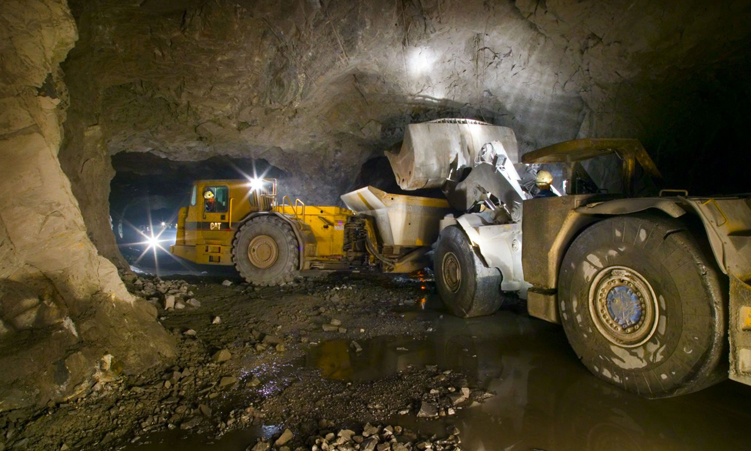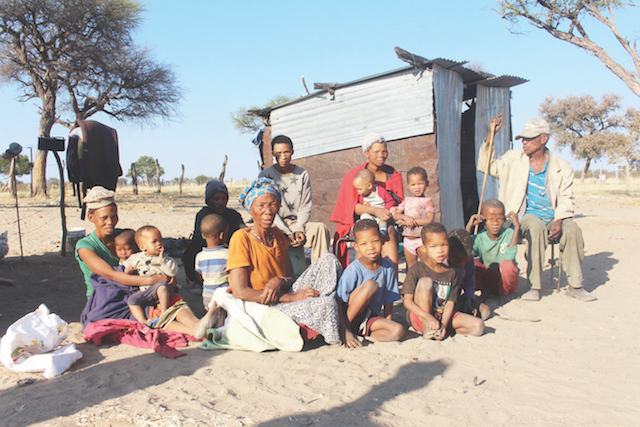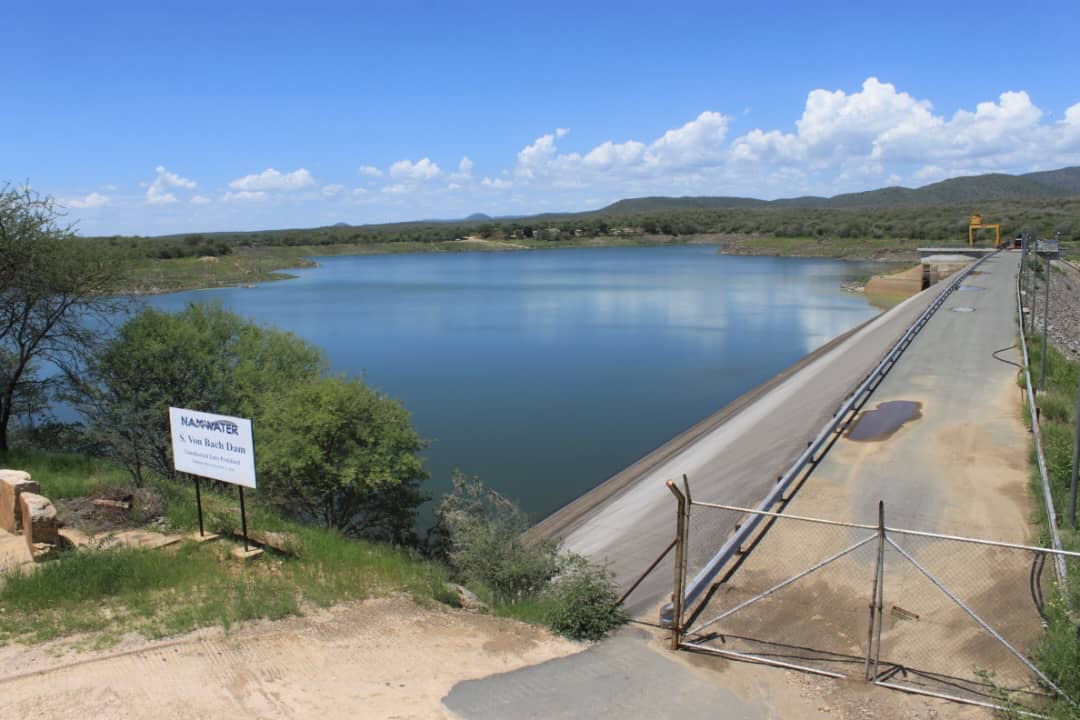While the world benefits from mineral products essential for fuel and raw materials for industrialisation, the associated adverse environmental, social and governance (ESG) issues fall largely on indigenous people and local communities.
This also constrains the achievement of other sustainable development goals.
Typical problems involve health problems linked to air pollution, the displacement of communities due to tailings and lasting degradation of soils, the pollution of underground and surface water systems with negative impacts downstream and the lasting degradation of soils, biomass and ecosystems.
The inherent instability in mine employment create social and health-related problems that may be complex to resolve.
The recent controversy around the announcement by B2Gold of the phased downscaling of its operations after realising N$25 billion, brings to mind how affected communities may be excluded from the benefit stream generated by mining (jobs, social investment, royalties) while feeling the brunt of social and environmental impacts.
Despite the protections offered to communities by human rights agreements (e.g. the United Nations Declaration on the Rights of Indigenous Peoples and the African Charter), mining governance largely relies on Namibian national institutions and Namibian legal frameworks.
The biggest challenge may be inadequate laws, the sluggish implementation of regulations, inadequate penalties, or the lack of enforcing penalties.
Developing countries are often much slower in accepting community consultation and engagement principles.
In Namibia’s Environmental Management Act 7 of 2007 (EMA) the practice is enshrined as a core principle for environmental management, but the proper implementation thereof may be problematic.
In respect of stakeholder engagement, compared with government, employees, unions and regulators, the local community is the most voiceless group.
This despite the fact that this group has the most diverse preference and demands, especially considering that mine sites may be earmarked for land belonging to indigenous peoples or communities with low income and vulnerable status.
Some communities may want to stop mining altogether.
Others may want to ensure the community benefits from mining or that mining won’t damage the environment or cause the community harm.
On the other hand, community-related risks in the form of delays, from the perspective of mining companies, may result in additional costs or even shut downs.
So which best practices can Namibian companies adopt to lessen the negative environmental and social impacts on communities?
Consent, consultation, demographics of communities and grievances.
Community members should have the right to consent or withhold consent to mining activities and consultations should be ongoing throughout the life of the mine.
The community’s perspective on sustainability is often overlooked, whereas in mining companies it may be one-dimensional, as it may not appropriately consider differences among people.
Women and men have different perceptions, responsibilities and knowledge towards natural resources.
Gender divisions of labour relate substantially to race, age, ethnicity and income standard.
Women’s plight is only exposed during mine closures or with job losses.
In areas governed by traditional leaders, broader consultation is required. In considering diversity at the outset of a mining project, mining companies avoid unnecessary contradiction in mining operation and management.
Mining companies have to develop internal grievance mechanisms accessible to communities and that are informal and do not require legal representation.
TRANSPARENCY
Mine governance is a significant aspect in community engagement.
In this regard the mechanism for making permit/licence decisions, including the amendment of conditions and the accessibility of transparent information that includes both positive and negative aspects need to be made available in the languages prevalent in affected communities.
The information should be independent, as well as facilitate the local community’s engagement in the decision-making process and, finally, be beneficial to community development.
CORPORATE SOCIAL RESPONSIBILITY
Corporate social responsibility (CSR) should not be misused by companies to increase publicity and boost their reputations, but rather to improve the quality of life of surrounding communities, especially in areas where unemployment is prevalent.
RELOCATION AND MINE CLOSURE
Communities should have the right to refuse relocation to sites and relocation sites should take account of livestock, sources of income and the availability of basic services (education, healthcare, water, electricity).
Compensation should be negotiated prior to relocation.
Communities should be timeously informed of mine closure and mine closure plans should account for environmental impacts and the retrenchment of mineworkers.
– This article was produced with the support of Bread for the World.
Stay informed with The Namibian – your source for credible journalism. Get in-depth reporting and opinions for
only N$85 a month. Invest in journalism, invest in democracy –
Subscribe Now!










